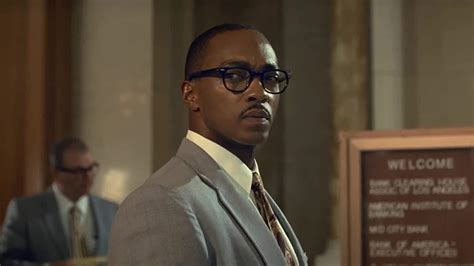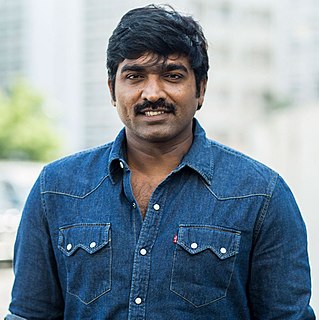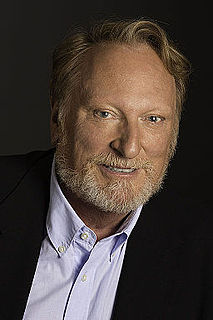A Quote by Jeff Bridges
You have to find your tone and work within that to make it as real so the audience can really engage in the story you're telling.
Related Quotes
When an acting teacher tells a student 'that wasn't honest work' or 'that didn't seem real,' what does this mean? In life, we are rarely 'truthful' or 'honest' or 'real'. And characters in plays are almost never 'truthful' or 'honest' or 'real'. What exactly do teachers even mean by these words? A more useful question is: What is the story the actor was telling in their work? An actor is always telling a story. We all are telling stories, all the time. Story: that is what it is all about.
You have to find the tone of the piece and modulate that. There are ways to indicate that - I try to incorporate the biggest range I can within the story, going from humorous to serious without it being jarring. That's the hardest part, to keep that balance. It requires being constantly aware of where you are in the story. You can't really do that in a movie: You can't slightly modulate the tone by the way the character's eyeballs look in one certain scene.
I think that people have to have a story. When you tell a story, most people are not good storytellers because they think it's about them. You have to make your story, whatever story it is you're telling, their story. So you have to get good at telling a story so they can identify themselves in your story.
The thing that I think a director has to have in order to make a movie really work, and to certainly make a film that feels personal, is that you have to have a sense of the feeling that you want to create in people, the tone which you want to tell the story, and the basic themes you want to come out. You can't compromise on those because you are then not making the movie that you are going to be good at telling.
It's like fiction - the fact that somebody's telling you a story about people who didn't exist doesn't make the experience of the story any less real in your heart and mind. You go through heavy emotional responses to these stories, and wrestling is a similar thing - but it's happening in real space.
The thing that I think a director has to have in order to make a movie really work, and to certainly make a film that feels personal, which I hope this one does, is that you have to have a sense of the feeling that you want to create in people, the tone which you want to tell the story, and the basic themes you want to come out. You can't compromise on those because you are then not making the movie that you are going to be good at telling.
Each of us chooses the tone for telling his or her own story. I would like to choose the durable clarity of a platinum print, but nothing in my destiny possesses the luminosity. I live among diffuse shadings, veiled mysteries, uncertainties; the tone of telling my life is closer to that of a portrait in sepia.
The story, I like to say and remember, is always smarter than you—there will be patterns of theme, image, and idea that are much savvier and more complex than what you could come up with on your own. Find them with your marking pens as they emerge in your drafts. Become a student of your work in progress. Look for what your material is telling you about your material. Every aspect of a story has its own story.

































